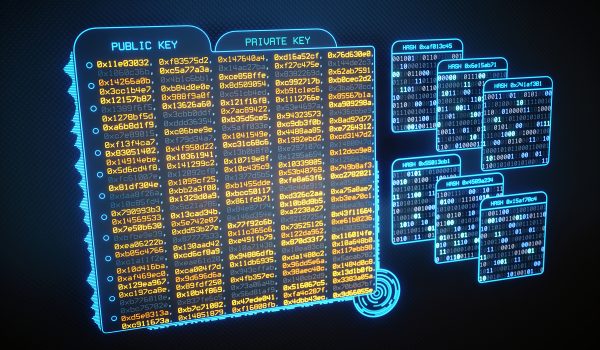Frost Brown Todd attorneys Courtney Rogers Perrin and Joshua Lewis join Nick Sciple of the Industry Focus podcast to discuss the meteoric rise and recent retrenchment of the ICO market.
They also discuss the evolving position of the SEC, FinCEN, and other regulatory agencies; new or pending legislation at the state level that might serve to legitimize digital currency transactions in the eyes of institutional investors; as well as the potential for blockchain-based applications to transform the logistics and payments industries.
Listen to the full episode, “Energy: Lawyers, Guns, and Cryptocurrency.” Or read Courtney and Josh’s article on the evolving regulatory regime for crypto and blockchain businesses.
Episode Summary:
During the interview, Courtney and Josh describe how the complexity of cryptocurrency regulation is compounded by the fact that agencies like the SEC and Financial Crimes Enforcement Network (FinCEN) hold token developers to markedly different regulatory requirements, making it virtually impossible to develop a catch-all compliance framework. Instead, legal analysis must be conducted and offered on a case-by-case client basis and solutions tailored accordingly.
Of particular concern is FinCEN’s position that ICOs constitute money transmission services and are therefore subject to the provisions and potential penalties of the Bank Secrecy Act. This would require ICOs to register as money transmitters in every state where a transaction occurs, a process that could lead to costs in excess of $1 million dollars, notwithstanding legal fees.
Even so, both Courtney and Josh see opportunities on the horizon for crypto and blockchain businesses. Asked for a five-year forecast, Courtney predicts that while consumers will likely be slow to adopt digital currencies as a mechanism for everyday transactions, new regulations at the state and federal level might legitimize cryptocurrencies in the eyes of institutional investors and provide a path forward for the next wave of token generation events.
Josh, for his part, is closely monitoring the evolving use cases of blockchain-based systems and registries. He is confident that in the coming years these groundbreaking distributed ledger applications will yield new efficiencies in the logistics and financial services industries, among others.

